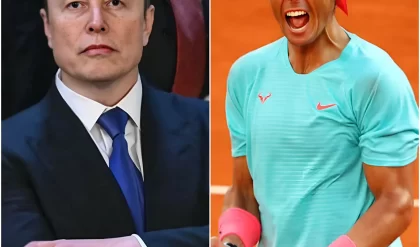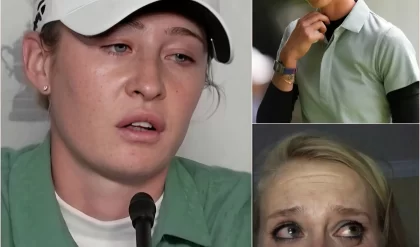Max Verstappen, FIA Controversies, and the Future of Formula 1: A Debate That Won’t Die
The 2024 Abu Dhabi Grand Prix, the dramatic finale of a tumultuous Formula 1 season, has once again thrust Max Verstappen into the center of controversy. What should have been a celebration of a grueling season of technical brilliance and nail-biting racing devolved into a heated debate about penalties, consistency, and the role of stewards in shaping the championship.
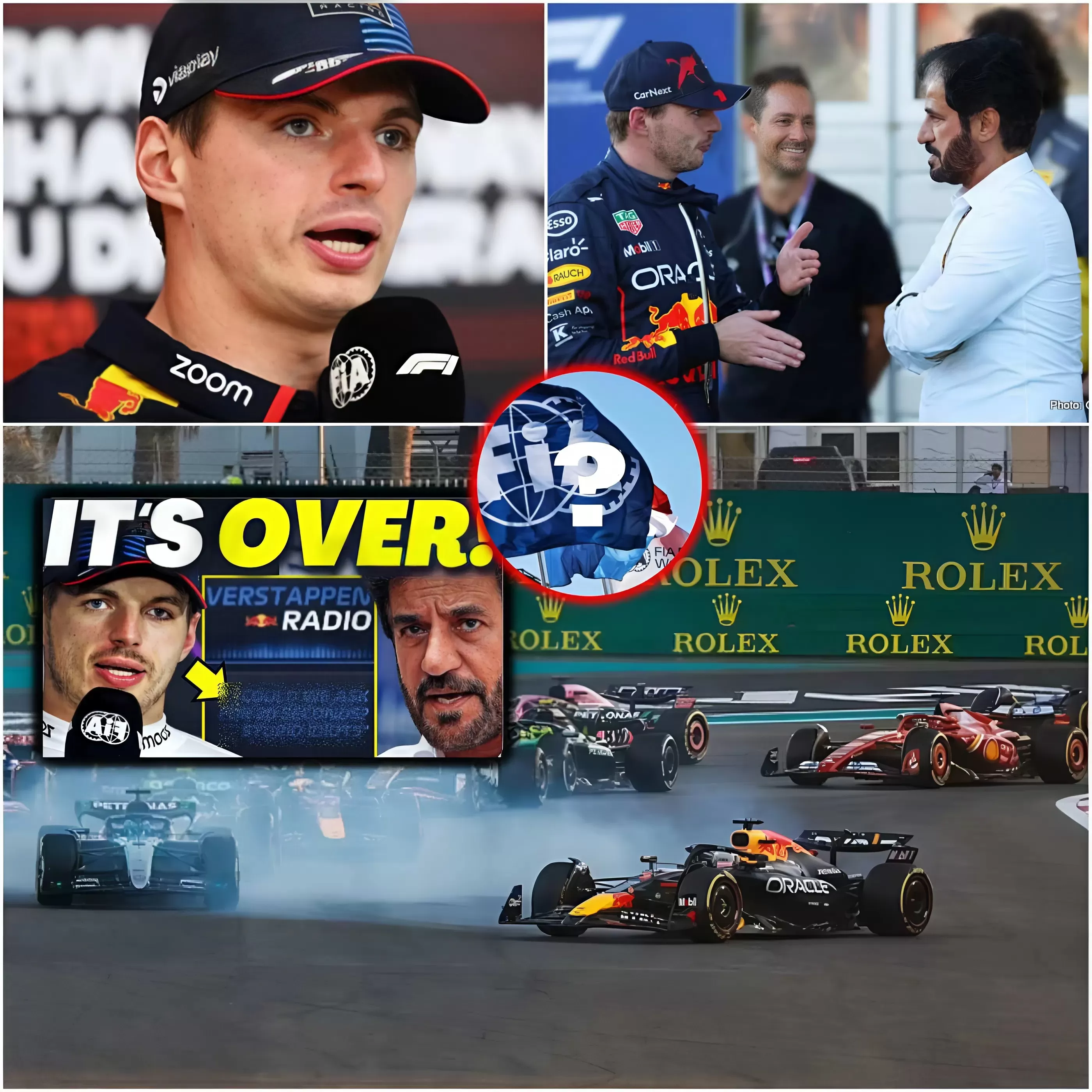
The latest incident unfolded at the race start, where Verstappen, true to his aggressive driving style, lunged for a narrowing gap on the inside of Oscar Piastri’s McLaren at Turn 1. While the audacious move momentarily showcased Verstappen’s skill, it ended in disaster as the Red Bull clipped the McLaren, sending Verstappen spinning 360 degrees in dramatic fashion. His recovery was near-instantaneous, a testament to his exceptional car control, but Piastri was less fortunate, falling to the back of the grid and all but losing his chance for a competitive finish.
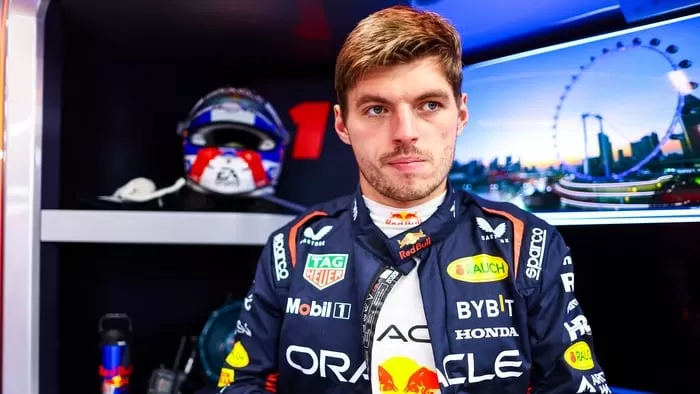
The stewards handed Verstappen a 10-second time penalty for causing the collision—a decision that immediately sparked widespread debate. Verstappen’s frustration boiled over on team radio, where he sarcastically remarked, “Can we get 20 seconds too? Stupid idiots.” It wasn’t just the penalty that angered him; it was the perception of being unfairly targeted, something Verstappen believes has plagued him throughout the season.
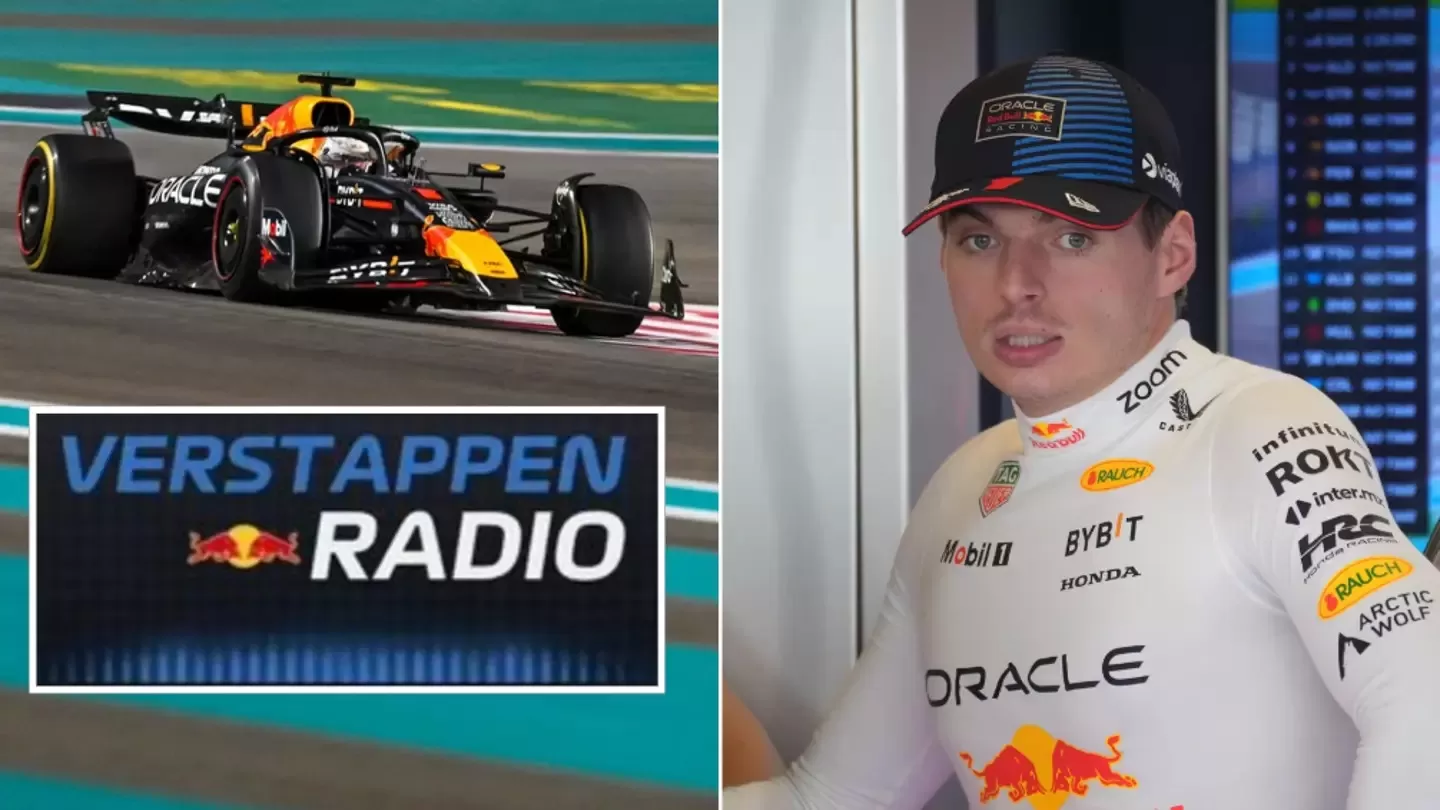
After the race, Verstappen was blunt: “I don’t understand anything anymore, but it’s fine. Whatever. I’m not going to get angry—it’s not worth my time.” While his words conveyed resignation, they also highlighted a growing tension between drivers and the FIA, particularly concerning the consistency of penalties.
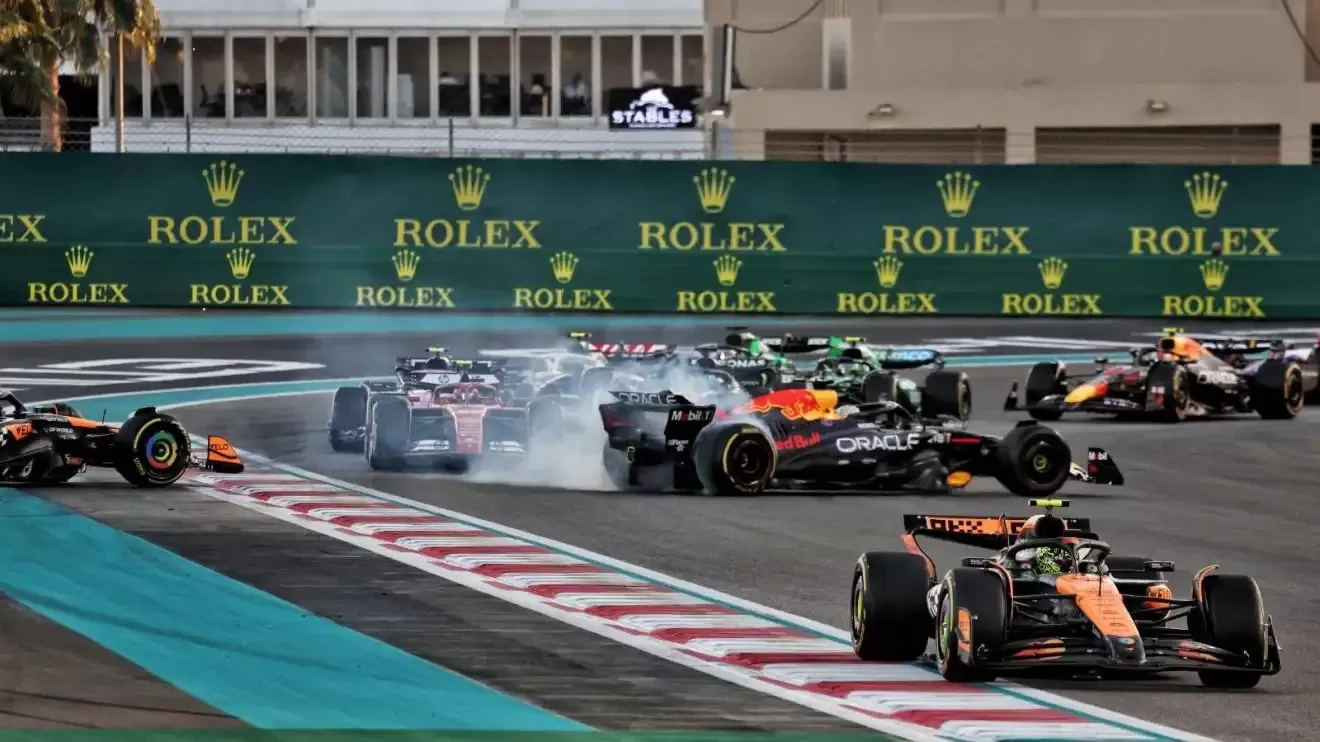
Despite his frustrations, Verstappen quickly extended an olive branch to Piastri. “I already apologized to Oscar,” Verstappen said. “It’s not what you want to happen, especially not with him. He’s a great guy.” This gesture demonstrated the mutual respect shared among drivers, even amidst intense competition.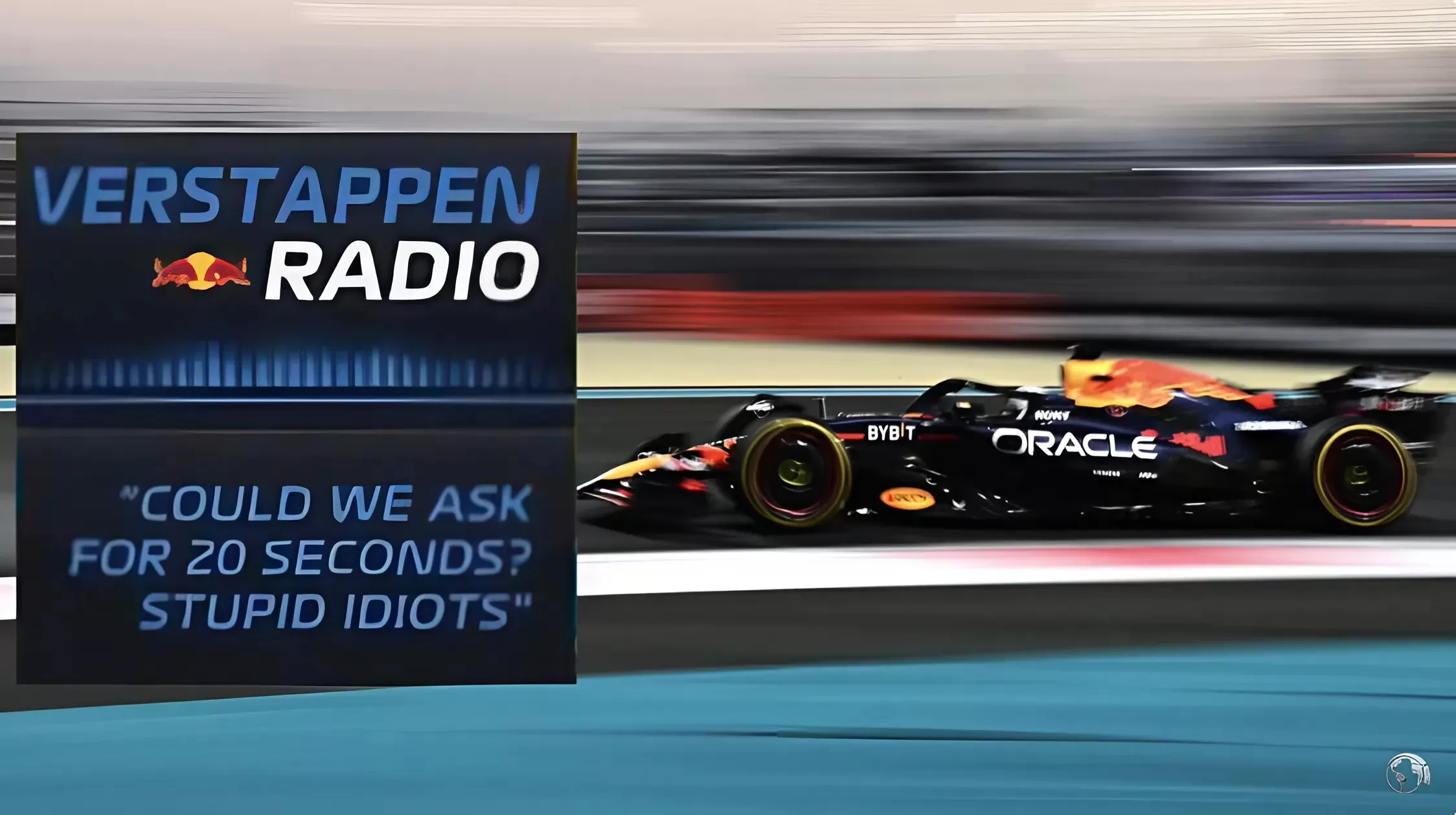
However, Verstappen’s critique of the penalty system persisted. “I was expecting maybe 20 seconds, 30 seconds, or even a stop-and-go,” he quipped sarcastically. His pointed remarks revealed a deeper frustration with the perceived inconsistencies in the FIA’s rule enforcement. Verstappen is no stranger to pushing boundaries, and his combative driving style has long polarized fans and officials.
The collision also had broader implications for Verstappen’s season. The 10-second penalty, coupled with two additional penalty points on his super license, brought his total to eight. With 12 points triggering a one-race suspension, Verstappen faces a precarious position heading into the 2025 season. Addressing this risk, Verstappen joked about timing a potential race ban with the birth of his first child. “Maybe I go to 12 when the baby is born—paternity leave,” he quipped with characteristic wit.
This lighthearted comment aside, the controversy reignites a crucial question for Formula 1: Are stewards stifling competitive racing with inconsistent penalties? Verstappen’s case is only the latest in a series of contentious rulings this season, further eroding trust among drivers, teams, and fans.
As Verstappen moves into the offseason, his focus will undoubtedly extend beyond the racetrack. With the impending arrival of his first child, he faces a rare moment to step back from the pressures of racing. Yet, the shadow of eight penalty points looms large, ensuring that his every move in 2025 will be closely scrutinized.
The larger issue, however, is the sport itself. Formula 1 is at a crossroads, where decisions made off the track increasingly overshadow what happens on it. If the FIA cannot address concerns about the consistency and fairness of its rulings, the sport risks losing credibility among its most devoted followers.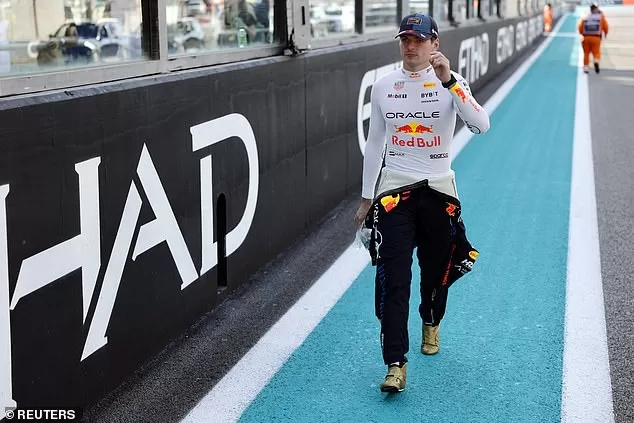
The 2025 season now carries immense stakes, not just for Verstappen, but for Formula 1’s integrity as a whole. Will Verstappen’s aggressive style be curbed by mounting penalties? Can the FIA rebuild trust with its drivers and fans? And perhaps most pressing, has Formula 1 reached a point where the championship is decided not by racing, but by the stewards’ interpretations of the rulebook?
The answers to these questions will shape the future of Formula 1. As fans and stakeholders alike continue to debate Verstappen’s penalties and their broader implications, one thing remains certain: the conversation about fairness and the FIA’s role in the sport is far from over.


